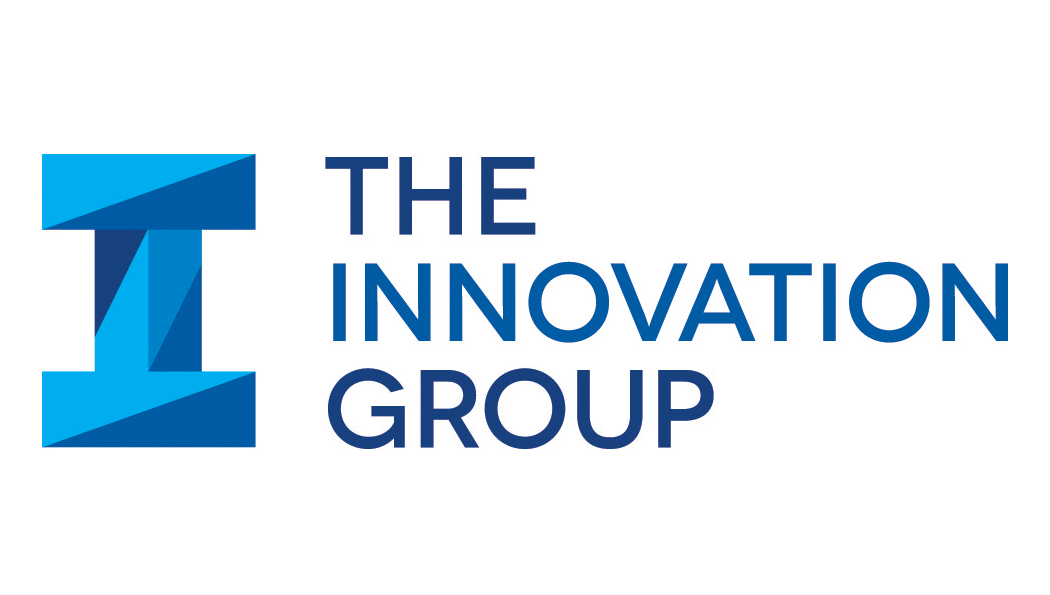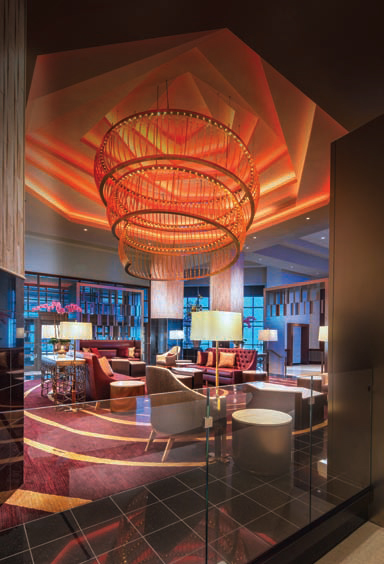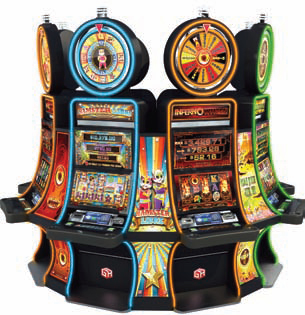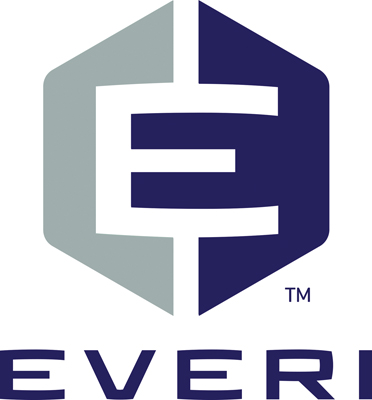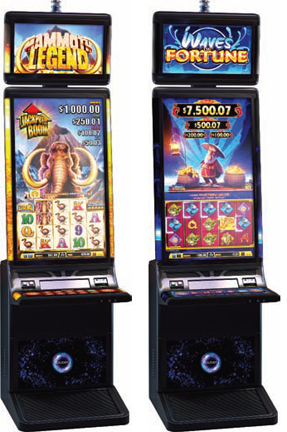
With a range of partners including Four Winds Casinos, Mohegan Gaming & Entertainment, Penn National Gaming, Rush Street Interactive and Seneca Gaming Corp., Kambi is the trusted sportsbook partner to the regulated U.S. betting and gaming industry.
Kambi has an unrivaled track record of expertise in online and on-property delivery in the U.S. Services encompass a broad offering, from odds-compiling and compliance provision to customer intelligence and risk management, built on and delivered through a sophisticated, in-house developed software platform.
Now live and generating revenue in 14 states, the success of Kambi’s delivery is underpinned by an assured approach to compliance and regulation. Combined with unmatched deployment speed, Kambi has delivered a number of market firsts in the U.S., taking the first legal wagers in states including New York, Illinois and Michigan. Furthermore, all three of Four Winds Casinos’ Michigan properties were live with sports betting just two weeks after they signed a partnership with Kambi in July 2020.
For tribal gaming operators who want to harness the strength of their brand, partnering with a B2B provider to launch online and on-property sports betting under that brand can be the first step toward sports betting success—rather than handing over control of the sportsbook to a B2C operator.
Sports betting can act as a conduit for driving revenues not just from the sportsbook but across the entire casino floor, while also attracting new customer demographics with provably higher long-term value.
As the Kambi network grows, so too does the value it offers to partners. The success Kambi delivers is anchored in the company’s ability to leverage network data from a global player base, creating network advantages that increase as each new partner is added and existing partners grow.
Every player interaction or bet benefits each of Kambi’s partners, whether they took the informative bet themselves or not. For example, a greater volume of data will lead to a more accurate understanding of player behavioral habits, aiding Kambi in providing a more frictionless user experience. When tribal partners launch sports betting with Kambi, they do not do so from a standing start. They are not competing alone, but with the benefit of Kambi’s 20 years of trading experience and actionable analytics from its deep global network data behind them. A partnership with Kambi offers a platform on which they can thrive.
For more information, visit kambi.com.




